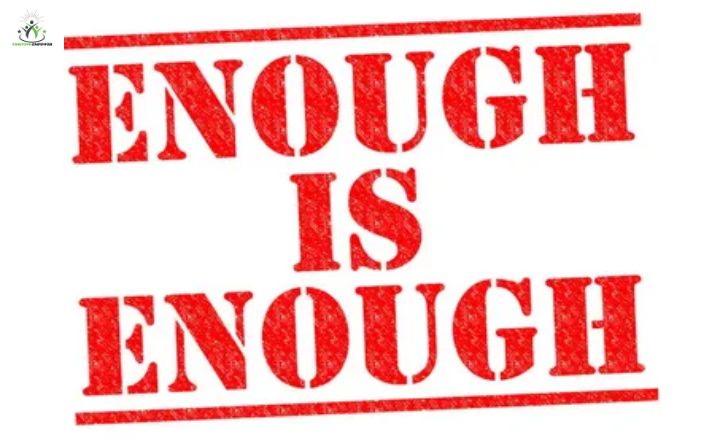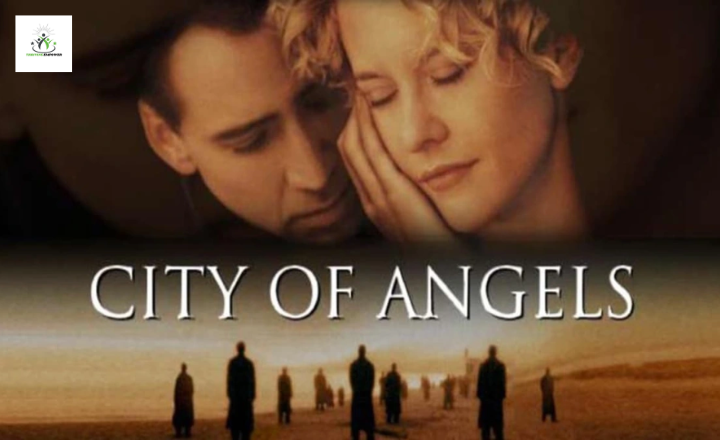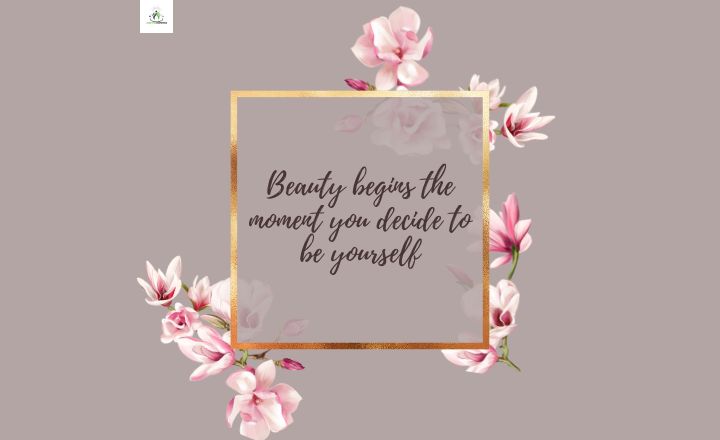To know when enough is enough needs a deep sense of thinking about yourself and emotional maturity. It involves recognizing your limits, understanding your priorities, and respecting your own well-being. Sometimes, pushing yourself beyond these boundaries can lead to burnout, stress, and unhappy disappointment with life.
Setting boundaries and learning to say no are important parts of knowing when enough is enough. It’s important to understand that it’s okay to prioritize your mental and physical health over other responsibilities or expectations.
By recognizing your own needs and limitations, you can prevent feelings of overload and maintain a healthy balance in all areas of your life. Knowing when enough is enough is not a sign of weakness but an act of showing strength and self-respect.
Listening to your deep down opinion and honoring your inner voice will lead you towards greater fulfillment and happiness in the long run. Trust yourself to make decisions that make even what truly matters to you, even if it means stepping back or letting go of certain responsibilities or commitments.
Categories of How Do You Know When Enough Is Enough
- You Are Constantly Emotionally Drained
- You Don’t Recognize Yourself Anymore
- You Know When Enough is Enough When You Are Rarely Happy
- You Make Excuses or Take Blame For Others
- You Are Not Respected
- Your Goals Are Out of Alignment
- Listen To The Universe To Know When Enough Is Enough
You Are Constantly Emotionally Drained
It’s a feeling that creeps up on you, slowly but surely the very strong sense of being emotionally drained. It’s like carrying a heavy burden on your shoulders every day, never quite able to set it down and find relief. The constant weight of emotions can leave you feeling exhausted, like all your energy has been reduced away.
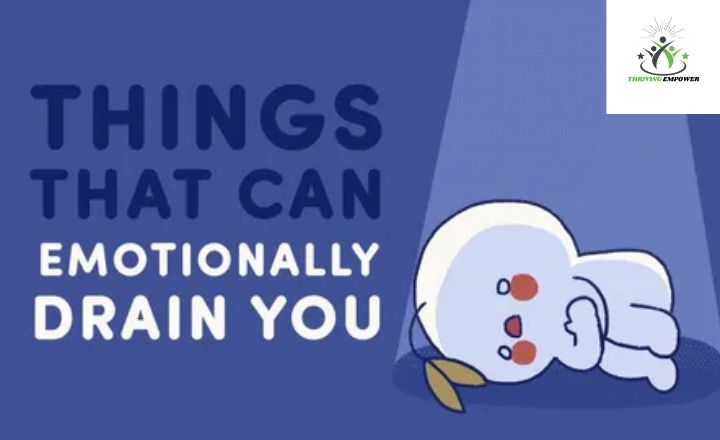
The emotional toll is not just mental but physical as well, taking a toll on your overall well-being and health. Even though there is the existence of putting on a brave face and soldiering through each day, the impact of being constantly emotionally drained can be extreme. It’s important to recognize when this cycle begins and take steps to prioritize self-care and take for support from loved ones or professionals.
It’s okay to feel overloaded at times, but it’s also important to deal with causes of emotional exhaustion before it spirals out of control. Your feelings and looking for help when needed, you can start the journey towards healing and refilling your emotional reserves.
You Don’t Recognize Yourself Anymore
You wake up one day and look in the mirror, only to realize that you don’t recognize the person staring back at you. It’s an upsetting feeling, like being a stranger in your own skin. The things that once defined you now seem like distant memories, dominated by new realities.
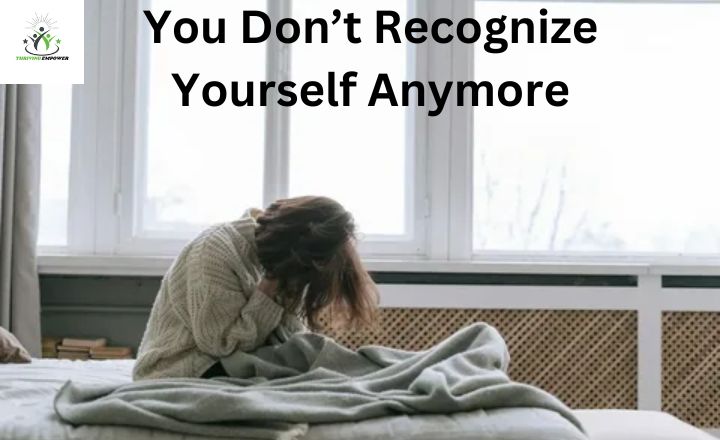
It’s not that you’ve changed so much as it is that life has shaped you in unexpected ways. Your experiences have your beliefs and values, pushing you towards unfamiliar territories. It’s a sign of growth and evolution.It may feel disturbing and self-discovery is an ongoing journey with many twists and turns.
Take this opportunity to rediscover yourself, to peel back the layers and find the basics of who you are at your core. Support the changes, for they are good evidence of your toughness and ability to change. Identity is fluid, ever-changing as we travel safely through the difficulties of life.
You Know When Enough is Enough When You Are Rarely Happy
When you find yourself rarely experiencing true happiness even though there is the existence of important things that are done or completed, it may be a sign that you have reached your limit. It’s essential to recognize that true satisfaction and happiness does not stem from external success but from an inner sense of peace and fulfillment.
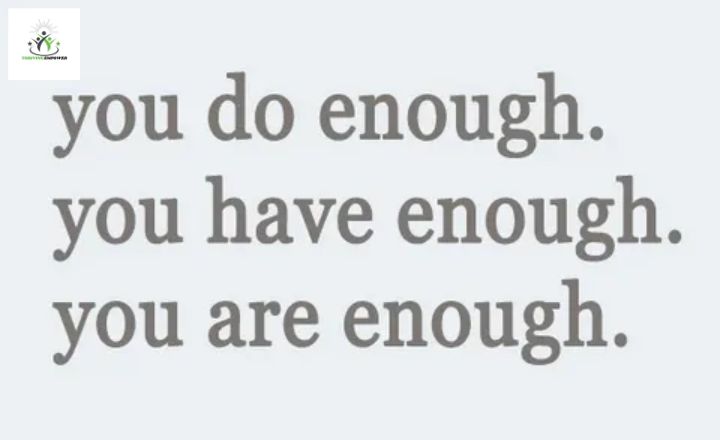
Constant looking for validation or comparison with others can also give to feelings of unhappiness and shortcoming. Accepting yourself as you are and finding value in your unique qualities can help shift your focus from external measures of success to internal sources of fulfillment.
Taking a step back and retesting your priorities can help you determine when it’s time to say enough is enough and start prioritizing your own well-being over how people act toward each other, or material trying to do something. True happiness comes from within, not from chasing external sources that only provide happiness.
You Make Excuses or Take Blame For Others
Choosing to make excuses or take the blame for others is an important decision that can significantly affect our relationships and personal growth. When we constantly make excuses for our actions, we interfere with our ability to learn from mistakes and grow as people. Blaming others may provide temporary relief, but it prevents us from taking responsibility for our own choices and actions.
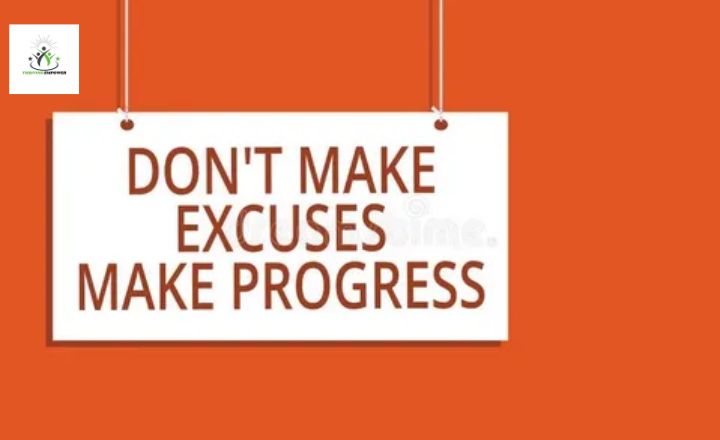
It is essential to find a healthy balance between holding ourselves responsible for our actions and recognizing when others need to take responsibility for their behavior.This delicate balance can lead to stronger relationships built on trust, honesty, and mutual respect.
You Are Not Respected
Respect must first come from within before it can be truly felt from others. By valuing yourself and setting boundaries, you can command respect from those around you.Consider that respect is earned through actions rather than demanded through words.
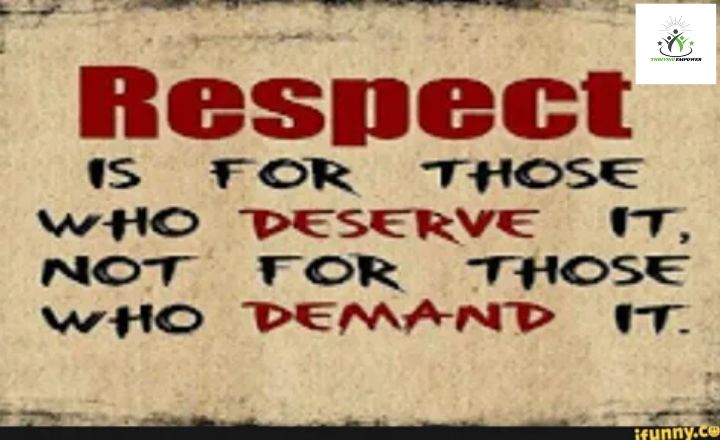
Show up regularly, communicate effectively, and handle conflicts with grace to genuine respect. It’s important to understand that not everyone will value or respect you, and that’s okay. Focus on cultivating relationships based on mutual respect and understanding.
Your Goals Are Out of Alignment
Your goals are like the compass that guides your journey through life. Your goals may be out of alignment if they are no longer interested in your values and passions. It’s important to regularly test whether your goals are still aligned with who you are and what truly matters to you.
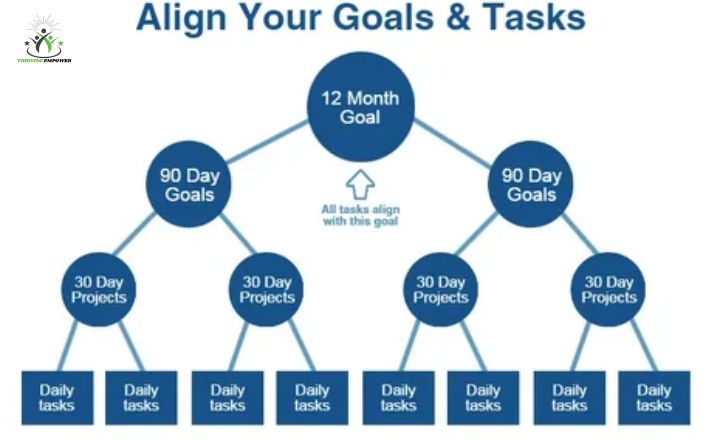
When your goals are out of alignment, it can lead to feelings of dissatisfaction, frustration, and even burnout. By realigning your goals with your true self, you can create a more meaningful and purposeful journey towards success. It’s never too late to retest, readjust, and chase after goals that truly align with who you are at your core.
Listen To The Universe To Know When Enough Is Enough
The universe has a way of communicating with us, sending signals and signs when we need to pause and reflect on whether we’ve reached the point of ‘enough.’ It’s easy to ignore these messages in our busy lives, but they often clear in little ways – through gut feelings, strong matches, or even repeating patterns.
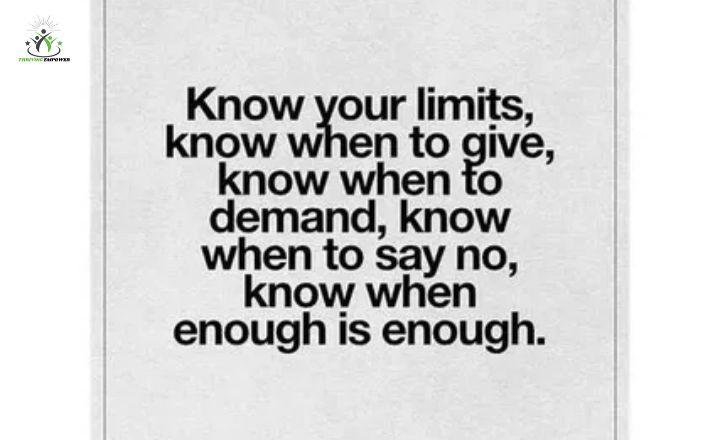
To trust the universe’s wisdom and timing, we open ourselves up to a world of possibilities and opportunities for growth. It is true clearness – helping us see between what serves our highest good and what no longer aligns with our path.
By listening carefully to the universe’s gentle nudges, we gain a deeper understanding of when it’s time to release control and trust that everything will happen as it should. This mindset allows us to travel safely through life with grace and ease, knowing that the universe always has our back.
Conclusion
The universe’s messages can be a powerful tool in recognizing when enough is enough in our lives. Attention to signs and signals from the world around us, we can gain clarity and make decisions that are in alignment with our highest good.
You’re unsure if it’s time to say enough, take a moment to listen to what the universe is telling you – its wisdom may just lead you to where you need to be. Trust in the process, and saying enough is actually saying yes to something better.
FAQs
How do I know when I have reached my limit?
When you start feeling overwhelmed, stressed, or unable to cope with the situation.
What are some self-care practices that can help me recognize when enough is enough?
Engaging in activities that bring you joy, practicing mindfulness, and seeking support from loved ones can all help.
Is it okay to say no when I feel like I’ve reached my limit?
Absolutely! Setting boundaries and saying no is important for your well-being.
How can setting realistic goals help me in knowing when enough is enough?
By setting achievable goals and prioritizing tasks effectively, you can prevent burnout and better manage your limits.

